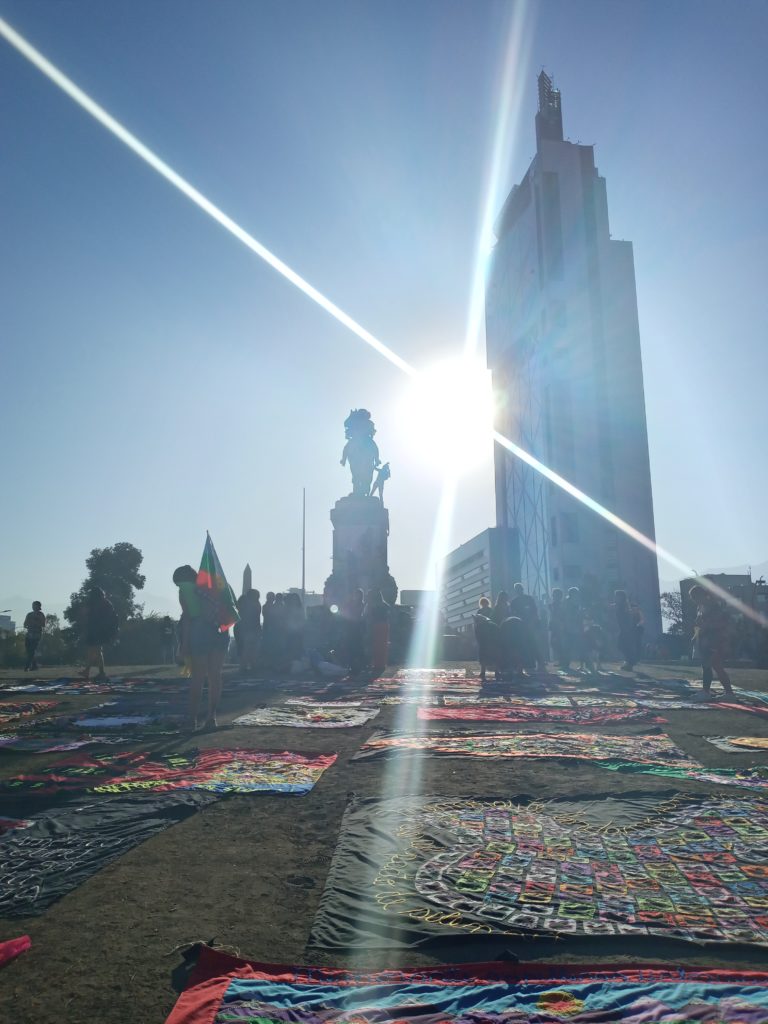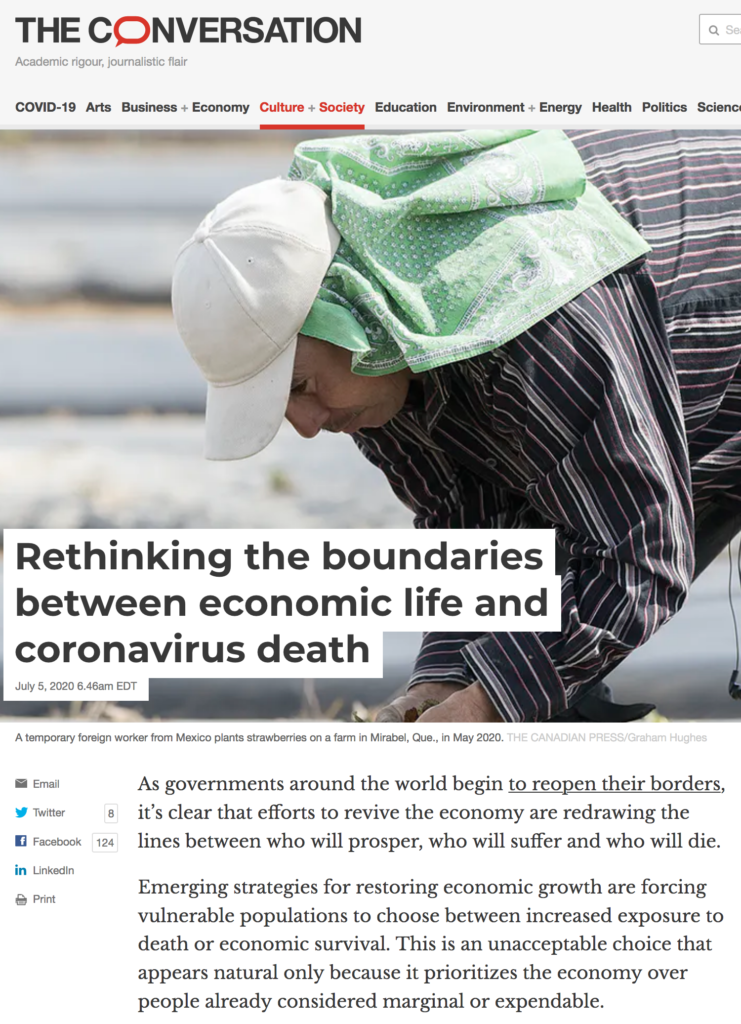Queen’s international graduate students are contesting a decision by the university to block TA-ships and RA-ships for those of them who cannot be physically in Kingston during the 2020-2021 academic year. The decision, who explicitly targets international students, comes at a time of financial and emotional struggles that compound international graduate student’s pre-covid challenges with high tuition fees and relocation.
GEELs members Claudia Hirtenfelder and Nathalia Santos Ocasio recently spoke with YGK News about the situation:
“The main problem here is that we are enrolled in the university as both students and as workers,” [Claudia] wrote. “Roughly 40% of my funding package is made up of money that is contingent on me working for the university [ … ] Working for the university is literally how I make ends meet.”
Nathalia added that the policy fails to consider the “care responsibilities and networks” that international graduate students have in their home countries.“[W]hen the university asked if we will be in Canada for the duration of the 2020-2021 academic year, they did not take into consideration [ … ] that things can happen throughout this year that force us to go home to attend to our responsibilities.” Nathalia wrote: “Would we lose our jobs and funding if a family member falls ill and requires our care?”
You can continue to read about this here.


